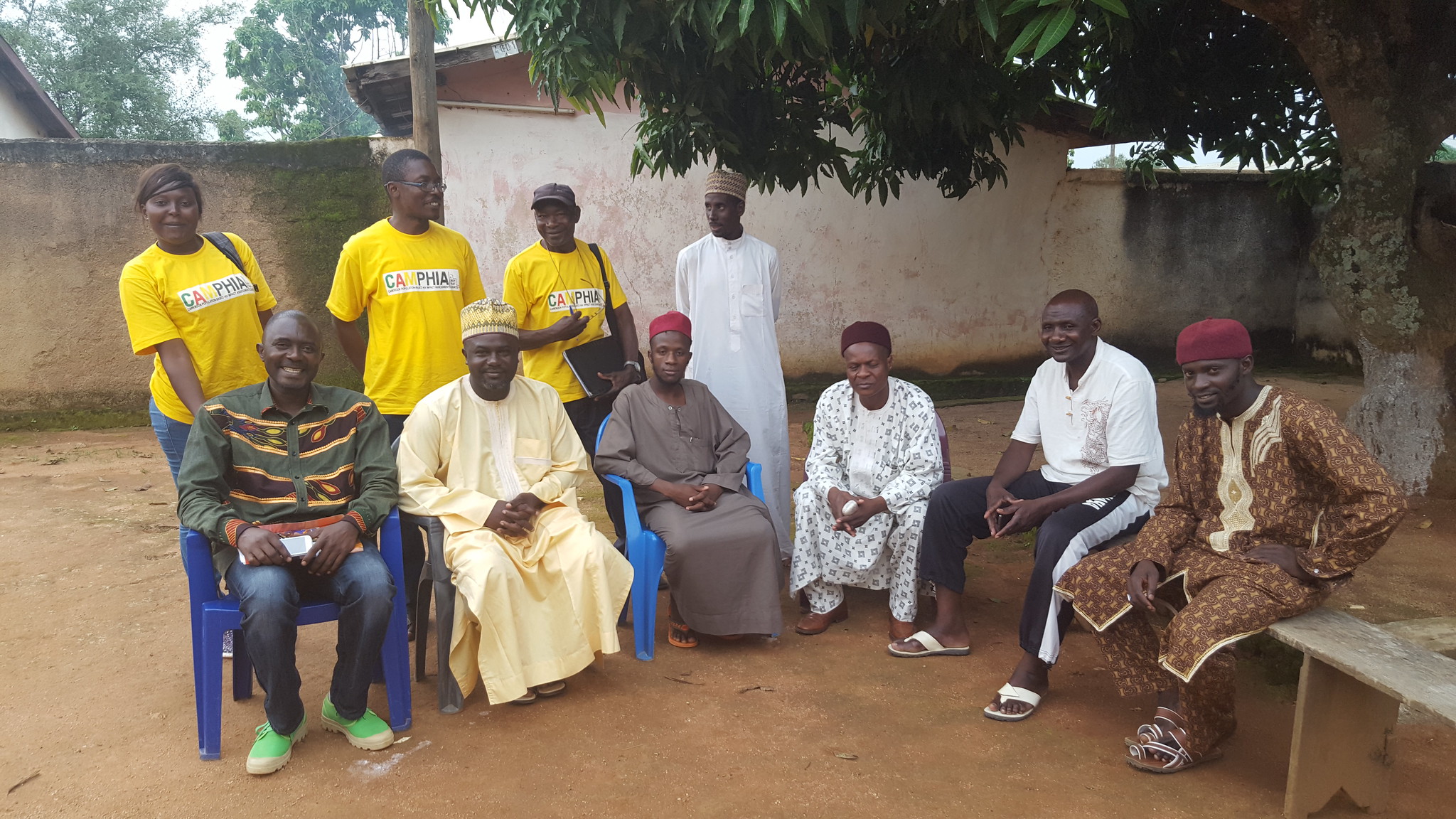Key Findings
%
Annual HIV incidence among adults
%
HIV prevalence among adults
%
Viral load suppression among adults living with HIV*
90-90-90 among adults living with HIV
20%
Adults living with HIV who knew their HIV status
75%
Adults who were aware of their HIV status who were on ART
75%
Adults who were on ART who had viral load suppression
Related Resources
No results found.
Recent PHIA News
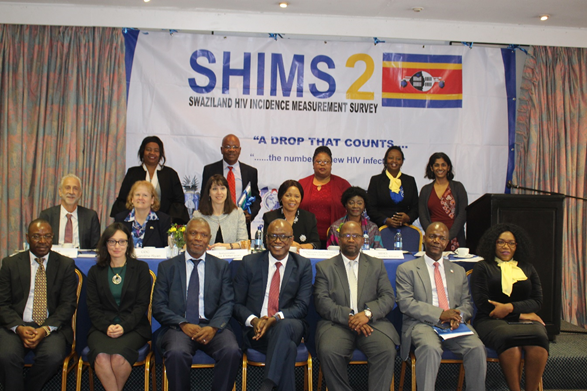
The Government of the Kingdom of Eswatini (GKoE) remains the country with the highest HIV prevalence in the world, with nearly 1 in 3 adults (15 years and older) living with HIV. Over the last decade, the expansion of HIV testing and increase in the number of individuals living with HIV on antiretroviral treatment has demonstrated substantial progress in the nation’s HIV response.
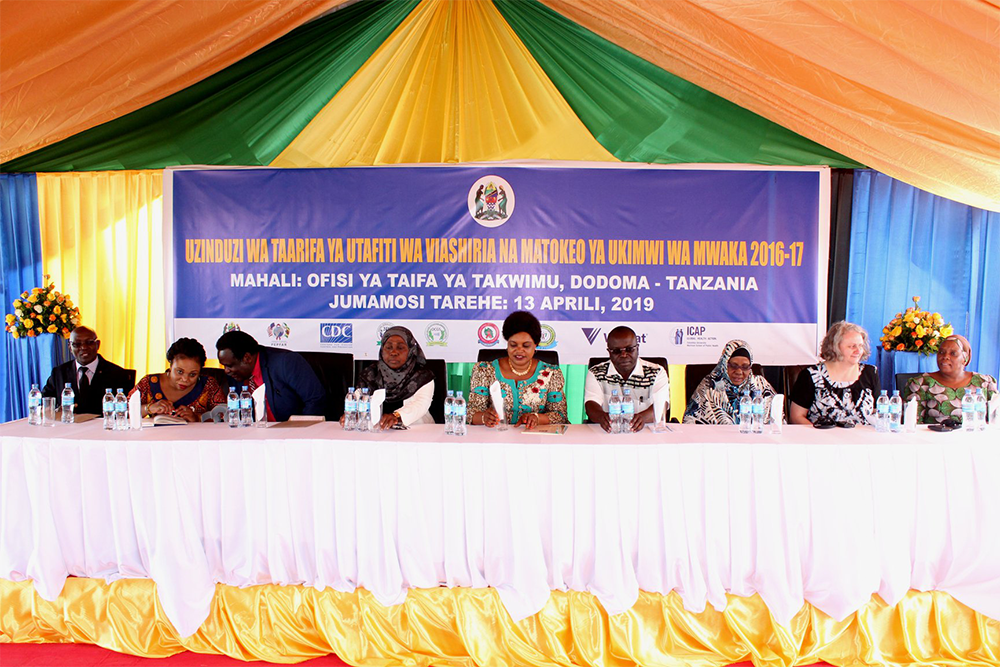
Tanzania, which has been one of the countries at the epicenter of the HIV epidemic in sub-Saharan Africa, now has a critical set of data about its progress in addressing HIV among its people – and equally critical insight into the work that still lies ahead.
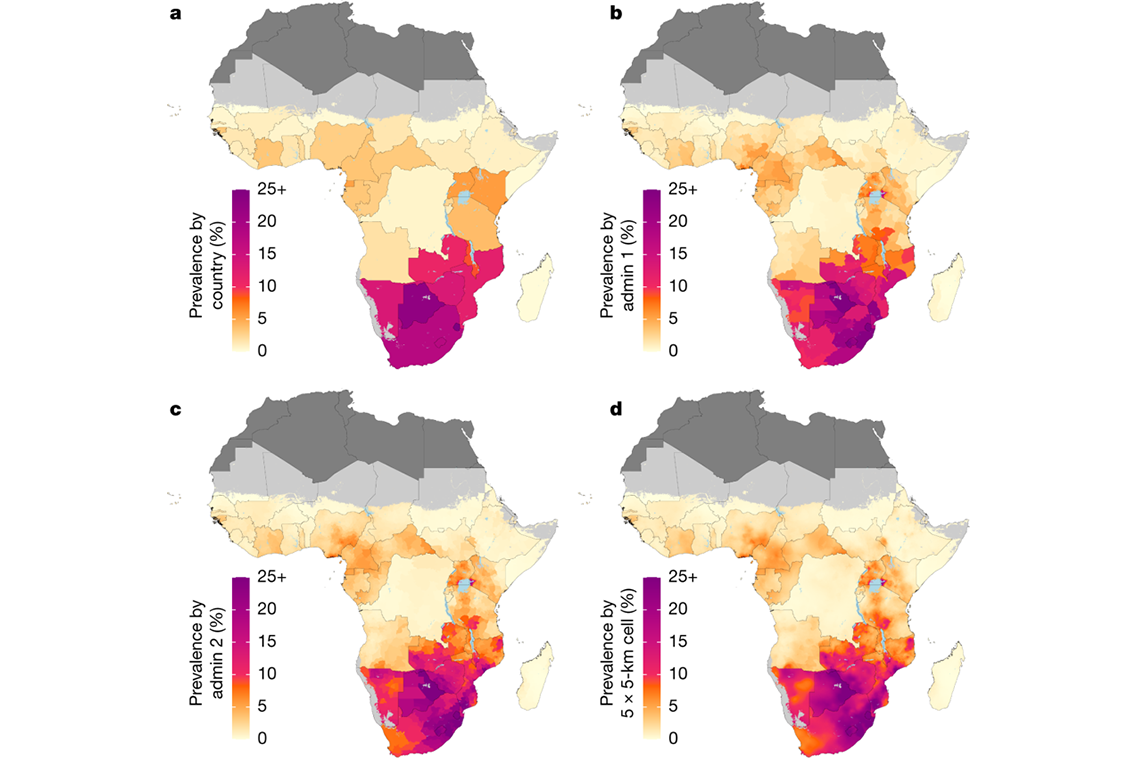
A new study co-authored by Jessica Justman, MD, Senior Technical Director at ICAP at Columbia University and Associate Professor of Medicine in Epidemiology at Columbia’s Mailman School of Public Health, captures the evolution and variation of the HIV epidemic over space and time in sub-Saharan Africa by using detailed provincial- and district-level maps of HIV prevalence in each country, down to the level of a small city.
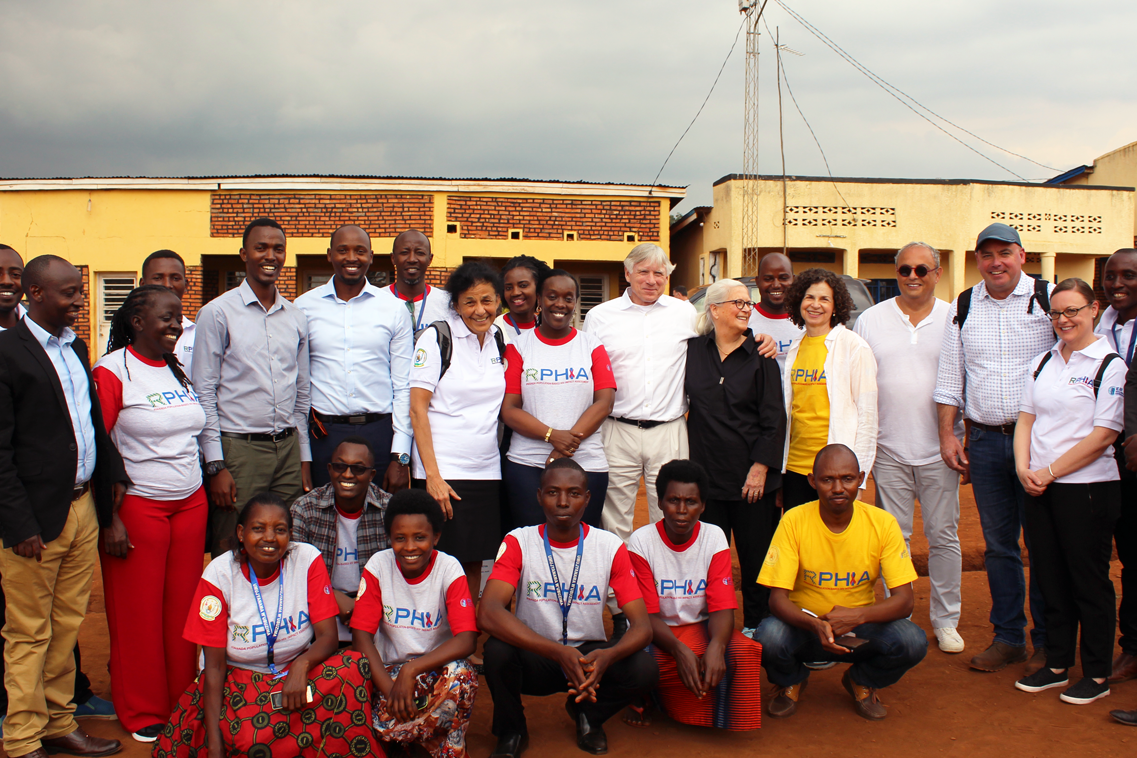
Columbia University President Lee C. Bollinger got a firsthand look at the impact that ICAP has been making on the HIV epidemic when he recently traveled to Kenya and Rwanda, where ICAP’s longstanding partnerships and support have helped these countries achieve significant progress.






